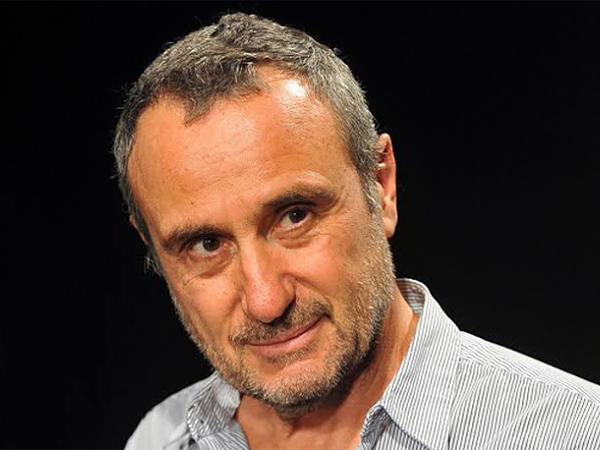
Giorgio Barberio Corsetti is one of the leading figures in experimental theatre in Italy. A versatile artist—actor, director, and playwright—he has been a pivotal force in shaping contemporary performance since the 1970s.
In 1976, he founded La Gaia Scienza, a theatre company named after his thesis on Nietzsche and Laforgue, which he completed in 1975 upon graduating from the Silvio D’Amico National Academy of Dramatic Arts. The company quickly became a benchmark in avant-garde Italian theatre. After a series of acclaimed productions, La Gaia Scienza disbanded in 1984.
That same year, Corsetti established a new ensemble under his own name. With this group, he began experimenting with a new theatrical language that incorporated video projections—developed in collaboration with Studio Azzurro (Milan)—used as dramaturgical punctuation within his performances. His work captivated both audiences and critics with its playfulness, transparency, and creative use of technology, often revealing its mechanisms to the public as part of the spectacle.
Among his most acclaimed productions are King Lear, La rivolta degli oggetti (co-directed with Marco Solari and Alessandra Vanzi), The Frogs, as well as numerous opera productions, including a celebrated Fra’ Diavolo. Barberio Corsetti has also directed large-scale site-specific and itinerant performances, actively involving the citizen community as part of the theatrical process.
Corsetti’s work is characterized by the fusion of traditional dramaturgy with new technologies, spatial transformations, and layered visual storytelling. His productions often challenge the boundaries between disciplines, combining video, sound, movement, and architecture to create immersive theatrical experiences. He is deeply interested in myth, philosophy, and contemporary literature, often adapting complex texts with poetic and expressive visual languages.
Giorgio Barberio Corsetti is celebrated for expanding the language of theatre and inspiring generations of directors and artists. His multidisciplinary method and fearless innovation have placed him at the forefront of European theatre.
